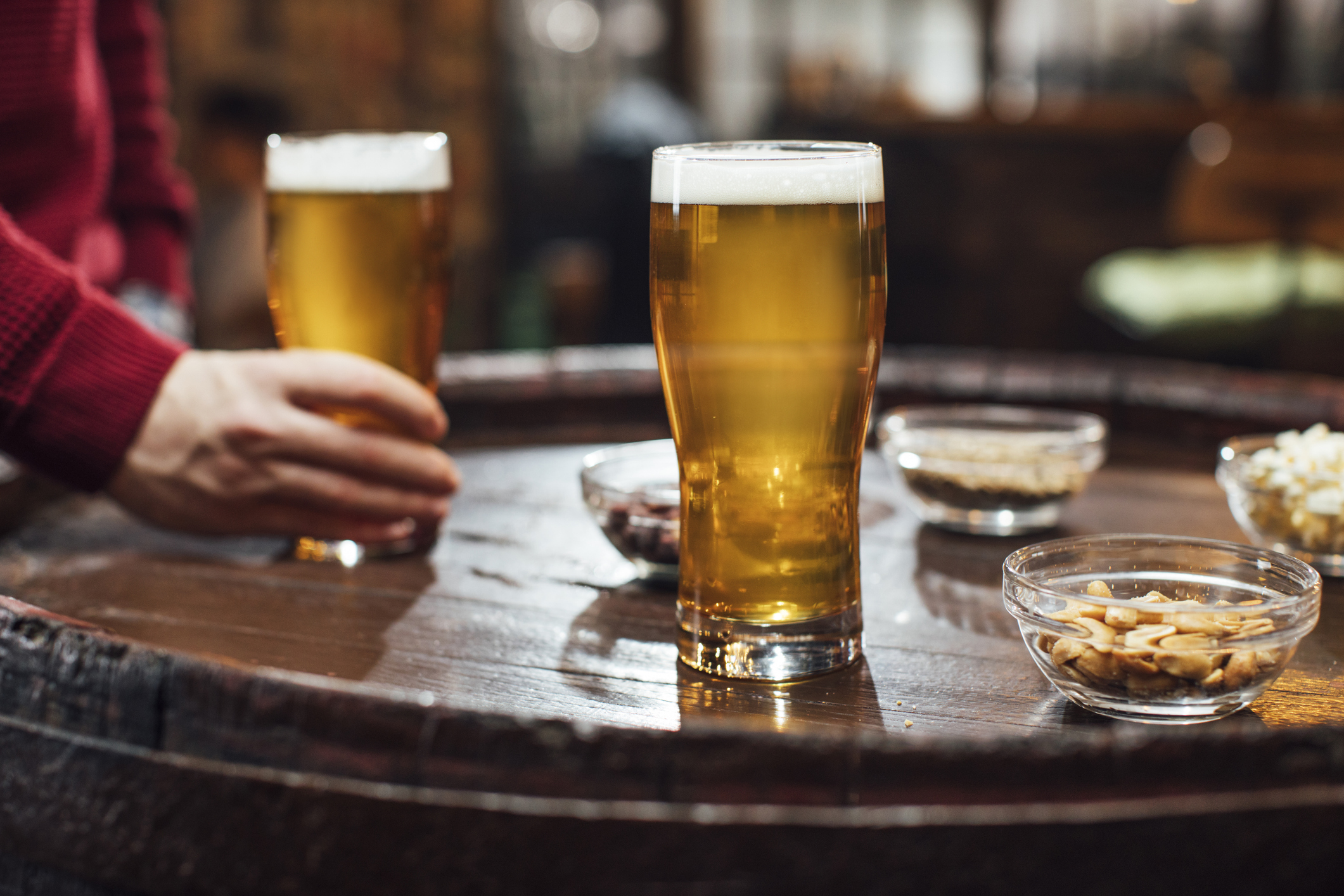Managing money can be difficult for many people, but perhaps even more so for a person in addiction recovery. During the course of active addiction, any money an individual had was spent on their substance of choice. Personal financial management was a low priority. Now, in recovery, however, knowing how to properly save, budget, and spend money are essential life skills. Making smart financial choices can help a person in recovery reduce their stress and concentrate on their well-being.
Lose the spending habits from a former life
For many in recovery, just having money in their possession can trigger feelings of shame and guilt. Why? Many individuals associate having cash on hand with paying for their former substance of choice. These feelings of shame and guilt can become so intense that they can cause serious risk for relapse.
Other individuals in recovery find themselves spending money recklessly on things like excess clothing and other non-essentials to try to satisfy the urges once gratified by their addiction. Even if these individuals in recovery are working, they may find themselves quickly accruing debt and barely able to pay for their essential day-to-day expenses.
The important thing for a person in addiction recovery to do is to think about how they can responsibly handle and spend their money. By making smart money management choices, they will be able to strengthen their recovery as they become more independent, confident, and responsible.
Follow a budgeting and savings plan
Following a good budgeting and savings plan is a good first step for a person in recovery to practice responsible spending habits. Here are some easy tips to get started:
Speak with a sponsor about helping you with financial accountability
Maintaining a close relationship with a recovery sponsor in the first months after treatment is essential for a healthy recovery. Many times, people in recovery forget that they can reach out to their sponsor about different types of life advice, including basic financial planning. Individuals in recovery can even have their sponsor check in on them to make sure they are properly saving and budgeting each month. Sponsors themselves were once in early recovery and know all the temptations and pitfalls that can come with trying to manage money, so they make for a valuable resource.
Learn to separate needs and wants
A person in addiction recovery should create a monthly budget that covers their needs, allows for repayments of any outstanding debt, increases savings, and leaves room for a few “wants.” The 50/30/20 Plan can be effective. Under the rules of this plan, 50 percent of a paycheck goes towards living expenses, 30 percent goes towards spending, and 20 percent is set aside in savings.
Use the envelope method
Another easy way to prevent overspending is to use the “envelope method.” Instead of using an ATM card throughout the week, individuals employing the “envelope method” withdraw cash for budgeted expenses at the beginning of the week. Then the cash for each budgeted category is placed in separate envelopes. When the envelopes are empty, items in those categories can no longer be purchased. It’s a simple way never to go over budget.
Set up direct deposit instead of receiving a paper check
Direct deposit is an easy way to save money, especially for individuals in recovery who may spend the cash from their paychecks too quickly. Individuals in recovery can have their income deposited directly to separate bank accounts: one savings or money market account and one checking account. The money budgeted for expenses are easily accessible in checking while savings are automated.
Contribute to an Individual Retirement Account (IRA)
Almost anyone can contribute to a traditional IRA, as long as they receive taxable income and are under age 70 ½. With penalties for early withdrawal, an IRA is an example of a twofold benefit for individuals in recovery. They will not only better secure their future in retirement by saving but also prevent any unnecessary spending now. Contributions are also tax deductible if an individual meets an IRA’s specified qualifications.
Download a budgeting app
Budgeting apps are a really great way for individuals in recovery to not just keep track of spending habits but to see how they are doing financially overall. Apps like Mint also allow individuals to analyze their spending and saving habits to improve finances.
Having good money management practices will help individuals in recovery reach success financially as well as emotionally and mentally. They will undoubtedly feel a sense of pride and true accomplishment when they see for themselves how their healthy money management practices have helped them save money and gain more independence.
If you or a loved one is struggling with addiction, Mountainside can help.
Click here or call (888) 833-4676 to speak with one of our addiction treatment experts.

 By
By 







